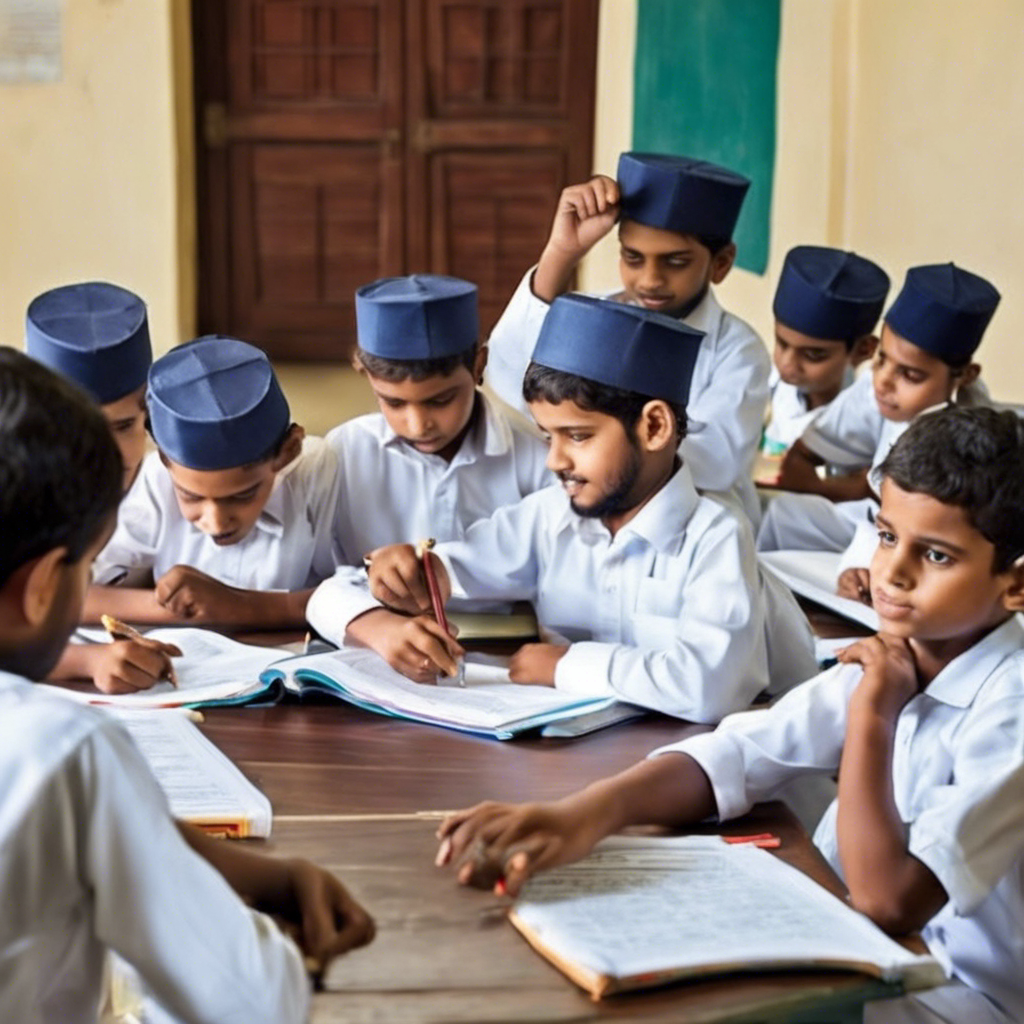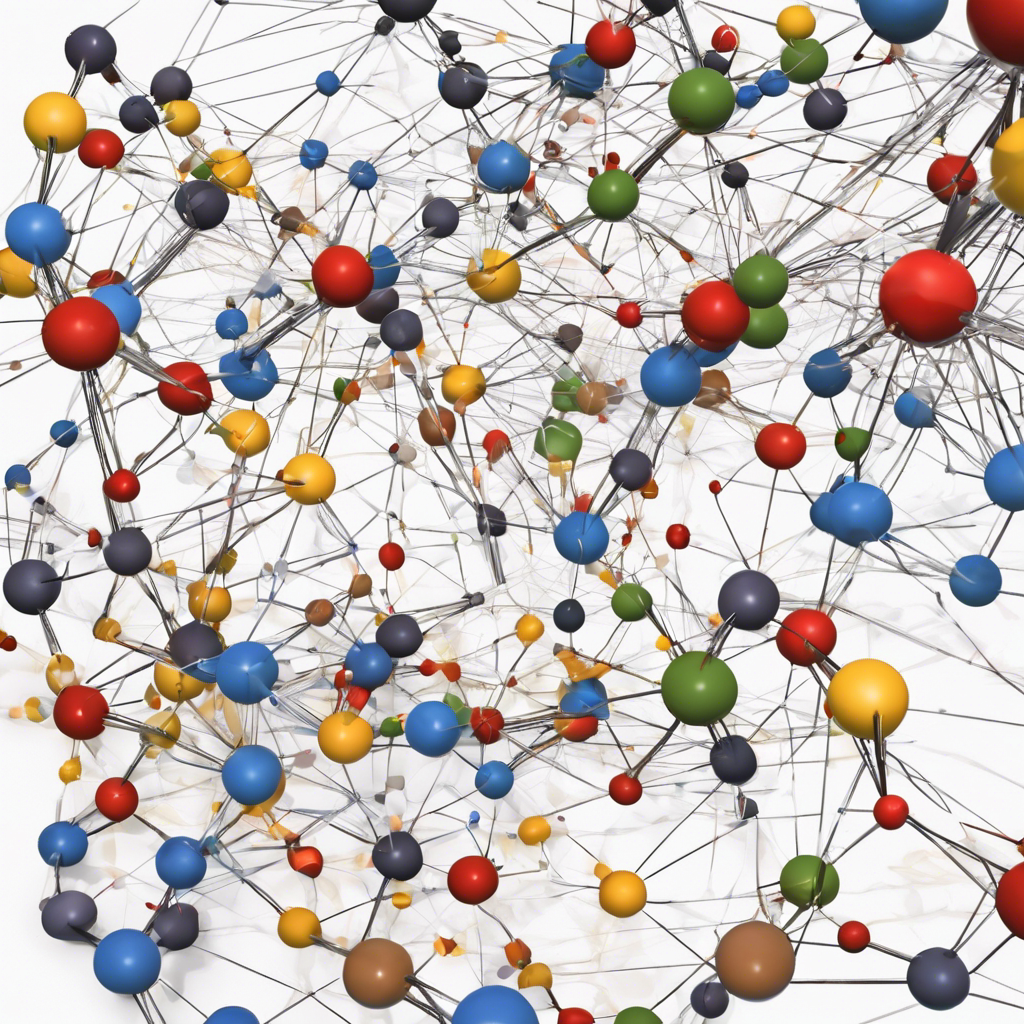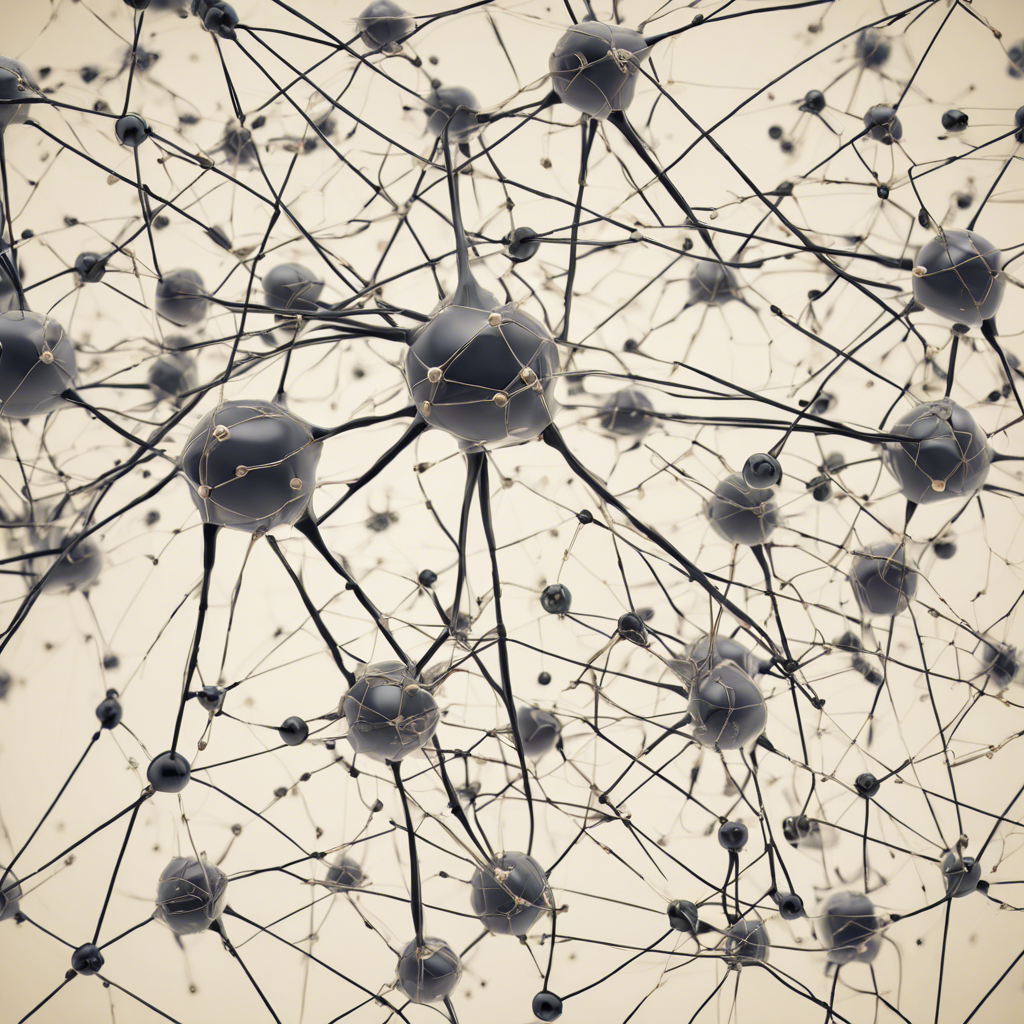Chief Minister Siddaramaiah announces a pilot program to teach Kannada, English, Maths, and Science in registered madrasas in Karnataka.
In a bid to promote inclusivity and provide a comprehensive education to students in Karnataka, Chief Minister Siddaramaiah has announced an experimental curriculum for madrasas. Under this program, students in registered madrasas will be taught Kannada, English, Maths, and Science for a period of two years. The initiative aims to equip students with a broader skill set and enable them to appear for mainstream examinations such as SSLC, PUC, and graduation through National Open Schools.
A Step Towards Inclusive Education
The decision to introduce the experimental curriculum in madrasas is a significant step towards inclusive education in Karnataka. By incorporating subjects like Kannada and English, the state government aims to bridge the gap between traditional religious education and mainstream education.
Enhancing Educational Opportunities
The pilot program will initially be implemented in 100 madrasas across the state. By providing students with the opportunity to study subjects like Maths and Science, the government aims to enhance their educational prospects and equip them with skills that are in demand in today’s job market.
Promoting Language Proficiency
The inclusion of Kannada and English in the curriculum will not only help students develop language proficiency but also enable them to communicate effectively in both regional and global contexts. This move is expected to promote linguistic diversity and cultural integration in the state.
Encouraging Social Integration
By encouraging students from madrasas to appear for mainstream examinations, the government aims to foster social integration and create equal opportunities for all students. This initiative will help break down barriers and promote a sense of unity among diverse communities.
Collaboration with National Open Schools
The Karnataka government plans to collaborate with National Open Schools to facilitate the participation of madrasa students in mainstream examinations. This partnership will ensure that students have access to recognized certifications and qualifications, thereby opening doors to higher education and employment opportunities.
Conclusion:
The of an experimental curriculum in madrasas in Karnataka marks a significant step towards inclusive education. By incorporating subjects like Kannada, English, Maths, and Science, the government aims to provide students with a well-rounded education and improve their future prospects. This initiative not only promotes linguistic diversity and cultural integration but also fosters social integration by providing equal opportunities for all students. With the collaboration of National Open Schools, madrasa students will have access to recognized certifications, further enhancing their educational journey. As Karnataka pioneers this experimental curriculum, it sets an example for other states to follow, emphasizing the importance of inclusive education in building a harmonious and prosperous society.











